To Amir, Rob seems crazy to live in the forest without hot water or electricity. But what Amir doesn’t understand is that Rob chose to live the way he does because when he’s in the middle of the woods, he knows exactly where he stands in the universe. Money and fame—both illusions, according to Buddhist teaching—are gone in the wilderness, replaced by the very real dirt and trees and wild animals. Nothing in Portland will last: Rob tells Amir about the earthquake due to hit the Pacific Northwest that will topple trees and buildings alike, leaving the unlucky survivors in its wake to deal with the ensuing tsunami. Portland’s high-end restaurants, with their short-lived seasonal menus, are temporary. Prosperity is temporary. Portland itself is temporary. Not even the high ground is safe: when Amir floats the idea of earthquake survivors fleeing to the mountains, Rob reminds him that nearby Mount Hood is an active volcano. Another Biblical parable excoriates a rich man for building himself barns to hold his riches, because he won’t be able to preserve any of it when disaster strikes, or when he dies; he’s just as vulnerable as those who are poorer than him. Rob understands this lesson. Why pretend to be secure if it’s all an illusion?
Rob remembers everyone he’s served in his old kitchen, and every meal he’s cooked for them, and he remembers that most of those people didn’t care about him for who he was, only about the opportunity to say that they had eaten at Robin Feld’s restaurant. Where Amir sees the city as a place to become more important, to “keep up appearances,” Rob sees the city he left behind as being full of people who hide their weaknesses with temporary things like clout and money. He left that world behind.
Rob’s return to Portland to find his stolen pig is another leap into vulnerability. He doesn’t bother to clean himself up before he goes. The handheld camera shakes—Rob’s been knocked off balance by the robbery, and by his return to the city he’d abandoned. He looks as though he smells bad. He’s asked repeatedly if he needs medical attention for the dried blood on his face. Amir is embarrassed to be seen with him, worried that he won’t be able to “keep up the appearances” he values so much. Rob walks over Amir’s concerns and into high-end restaurants just as he is, looking for the next person who can tell him where his pig was taken. He looks as desperate as he feels; no point in putting up a front when the pig he loves is at stake. Rob is direct with everyone he meets, often to the point of rudeness. But he’s honest, both about his needs and about how he feels, and he expresses that honesty through his appearance: he looks the way he feels. He’s also vulnerable, and he knows that his vulnerability is a keener weapon than any violent action he could commit.
Rob repeatedly puts himself in situations where he’s weak, and in so doing, encourages others to meet that weakness with kindness, or at the very least, help. He crashes an underground fighting ring run by cooks and chefs, and instead of joining a fight, he stands up to one of the fighters and takes a savage beating without throwing a single punch himself—an extreme version of Jesus’ policy to “turn the other cheek” when someone harms you. Amir quips offhandedly to a chef that Rob is Buddhist—it’s unclear if the line is a joke, or an excuse for Rob’s behavior, or true, or all three at once—but Rob’s attitude toward the Portland culinary scene is almost that of a bodhisattva: patient and enduring, as though he achieved enlightenment when he abandoned the city all those years ago. If the forest outside Portland is Nirvana, then Rob has delayed his return, nudging the other lost souls around him toward their own self-acceptance and enlightenment. The culinary world of the movie is posturing, macho, aggressive. Rob cuts through the heart of the city’s food culture by refusing to engage with its militant attitudes. His vulnerability knocks all he encounters off their own balance, leaving them unsure what to do other than to help him.
You can view the original article HERE.
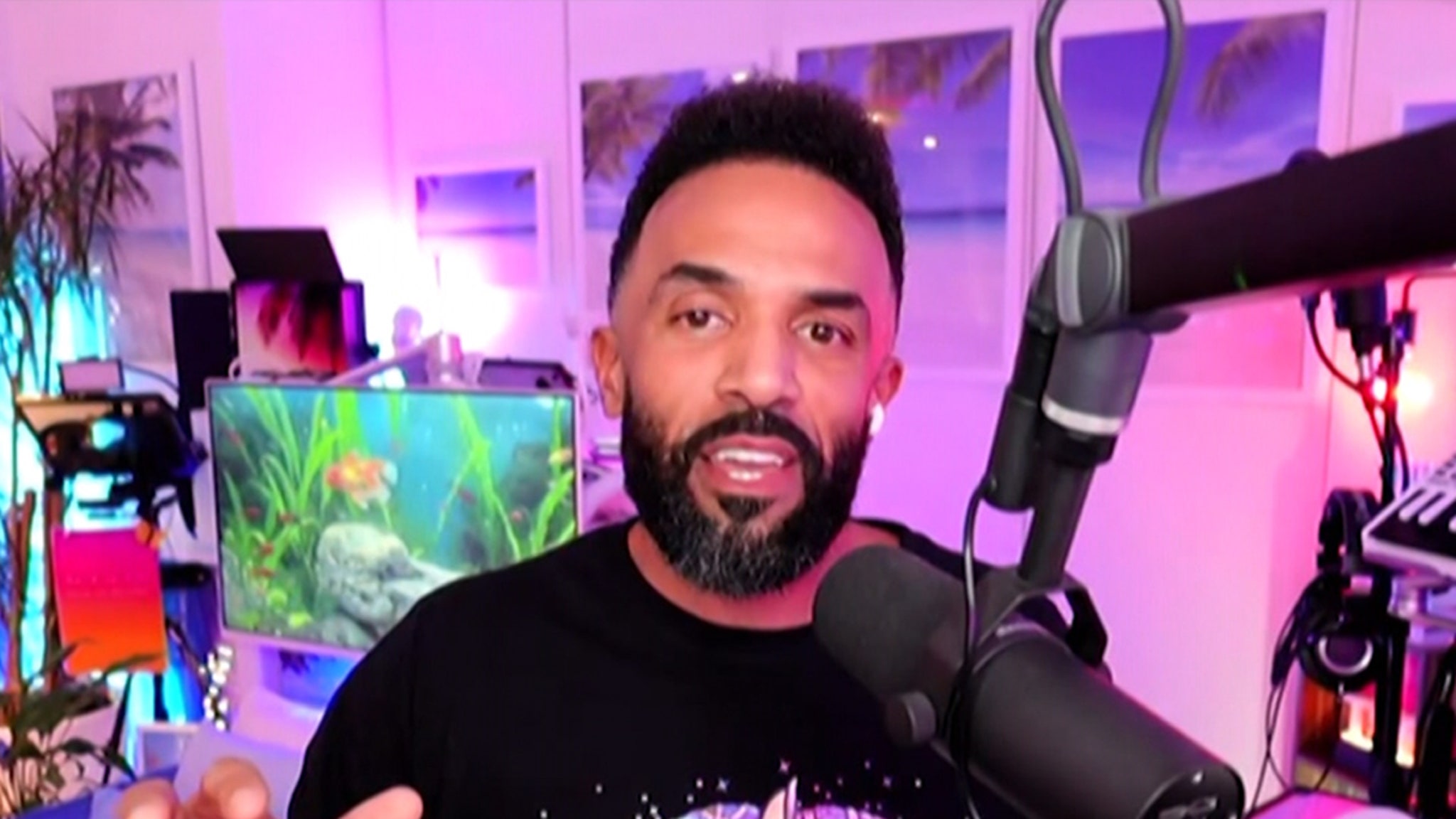

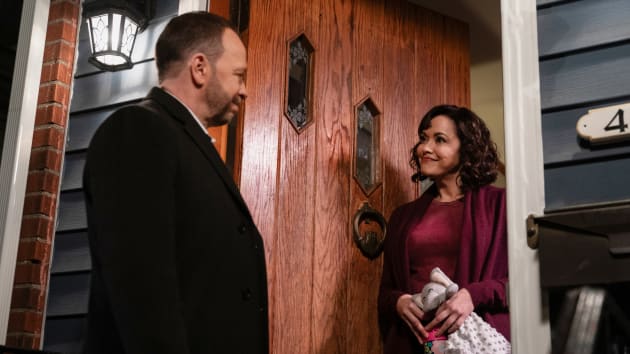

:quality(85):upscale()/2024/04/19/812/n/1922398/dac564326622b846c15299.26306818_.jpg)
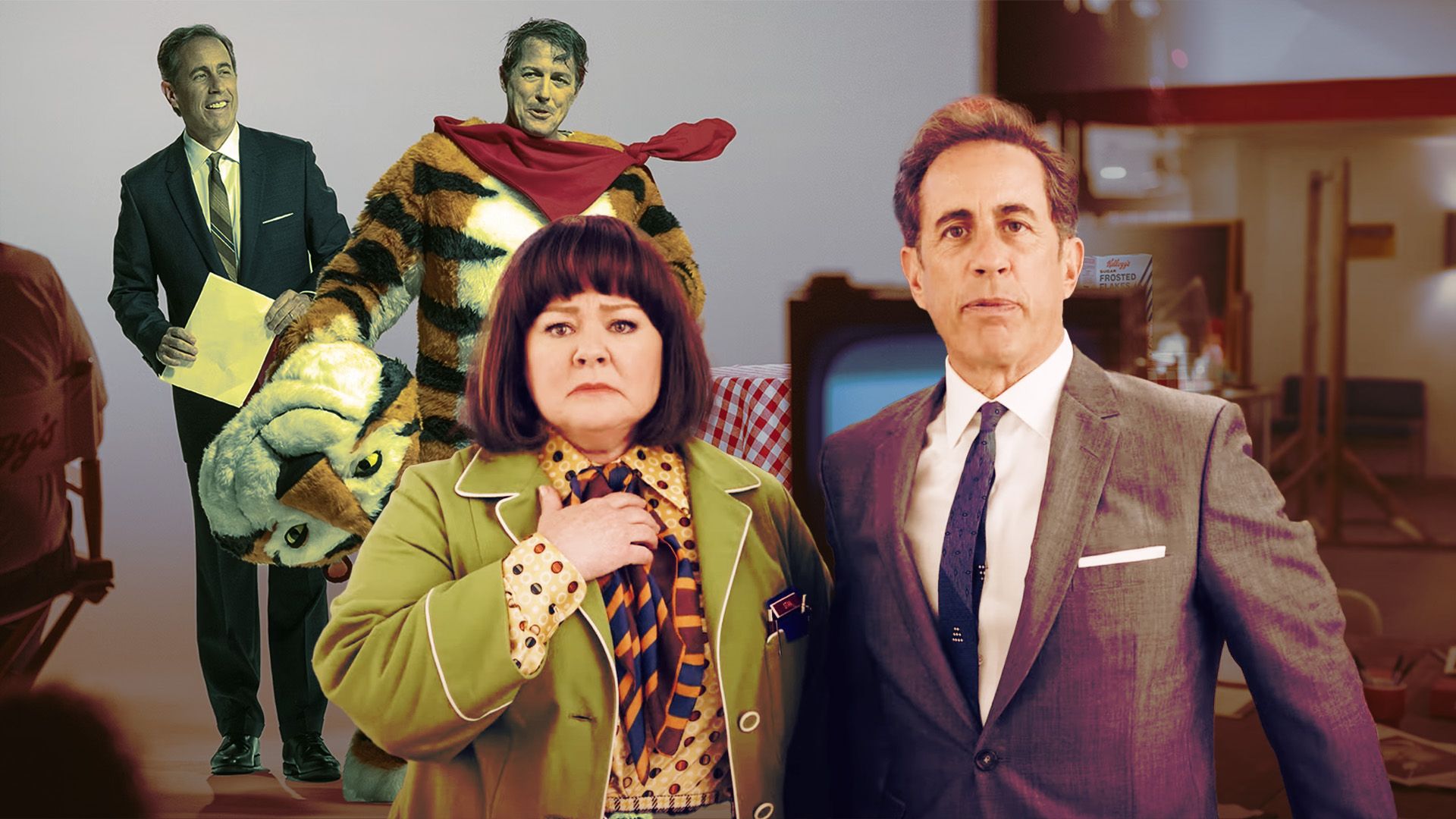


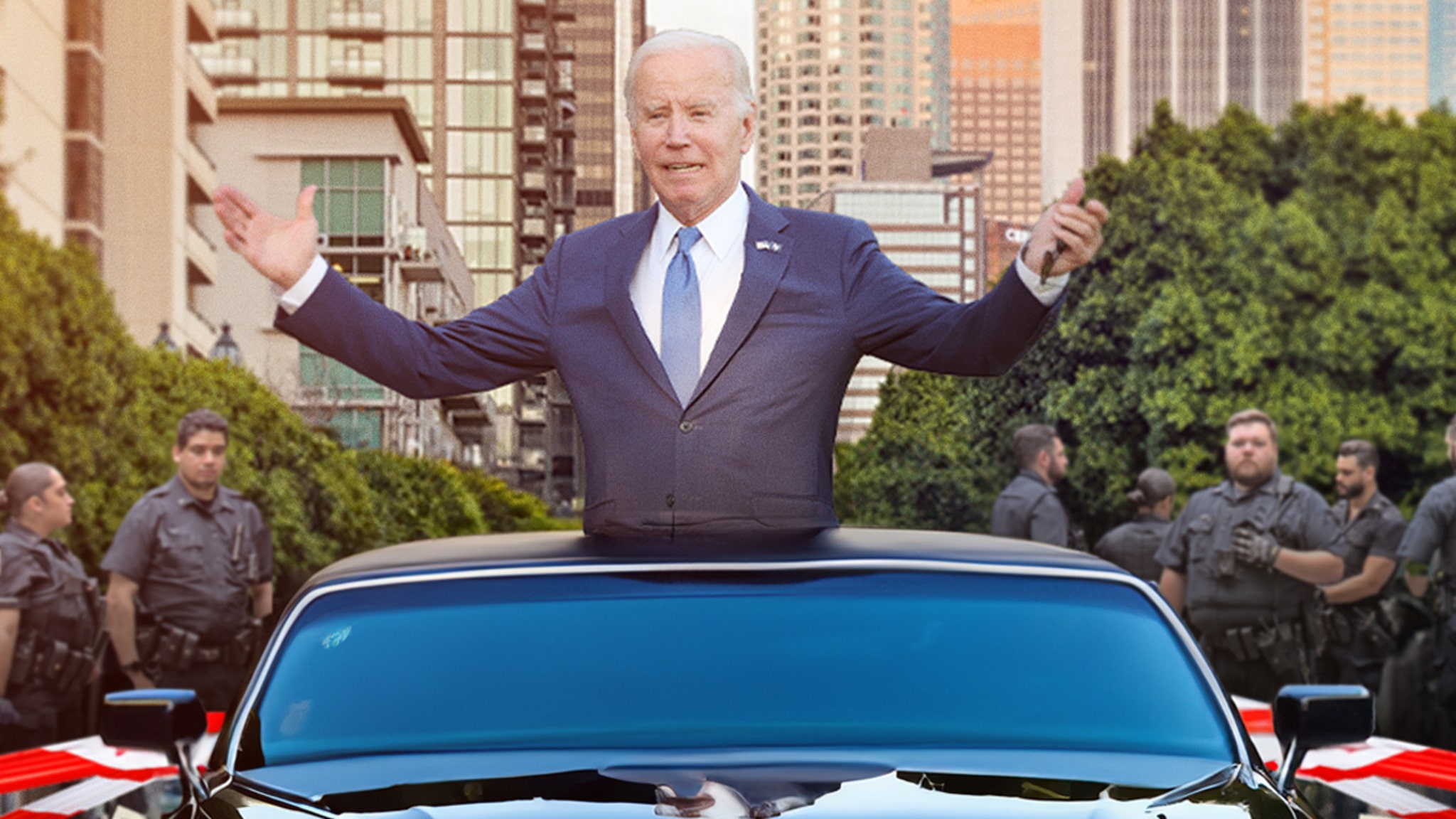
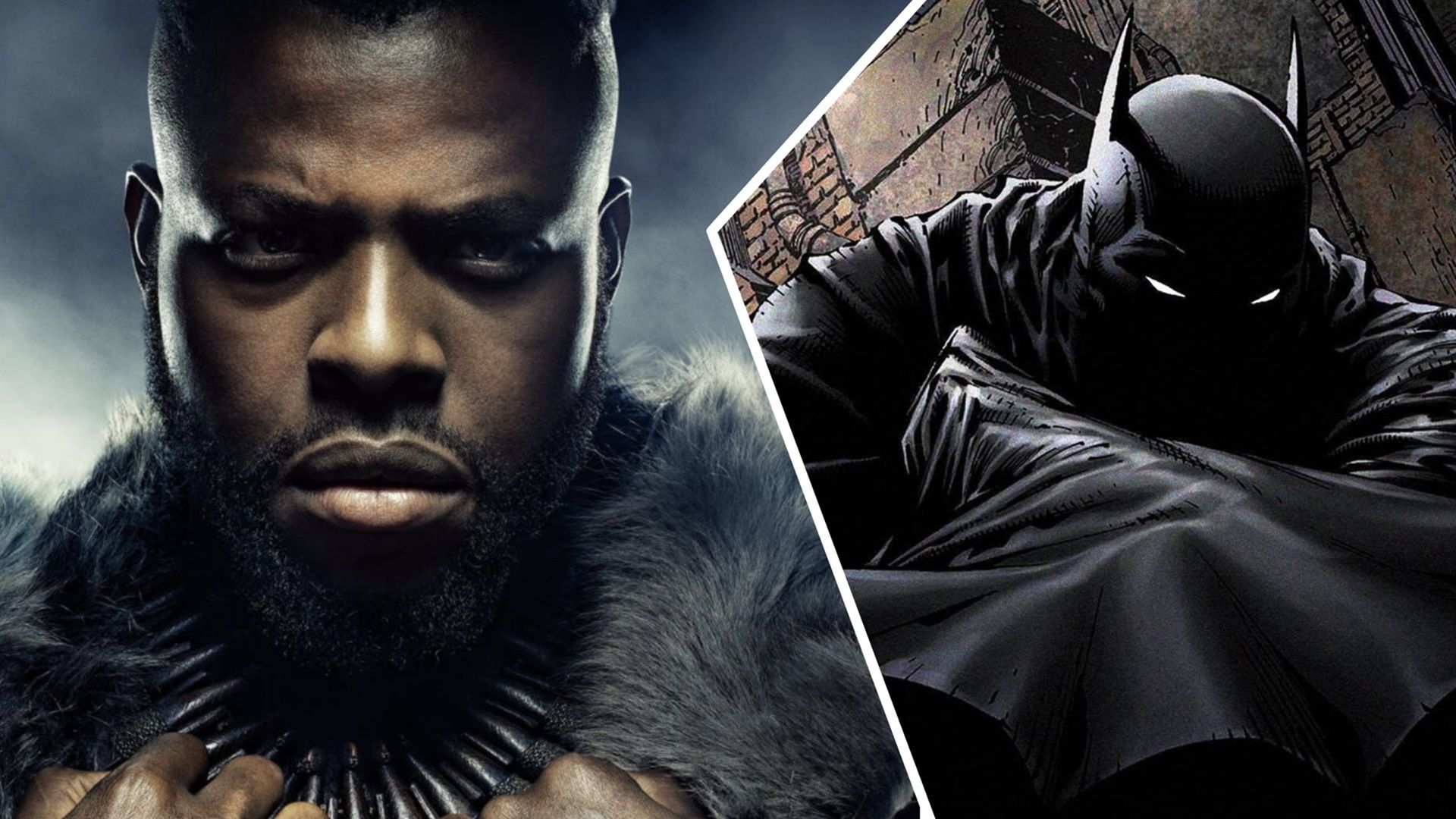


:quality(85):upscale()/2024/05/01/868/n/1922283/a63ed21666329ce79de023.96393449_.jpg)
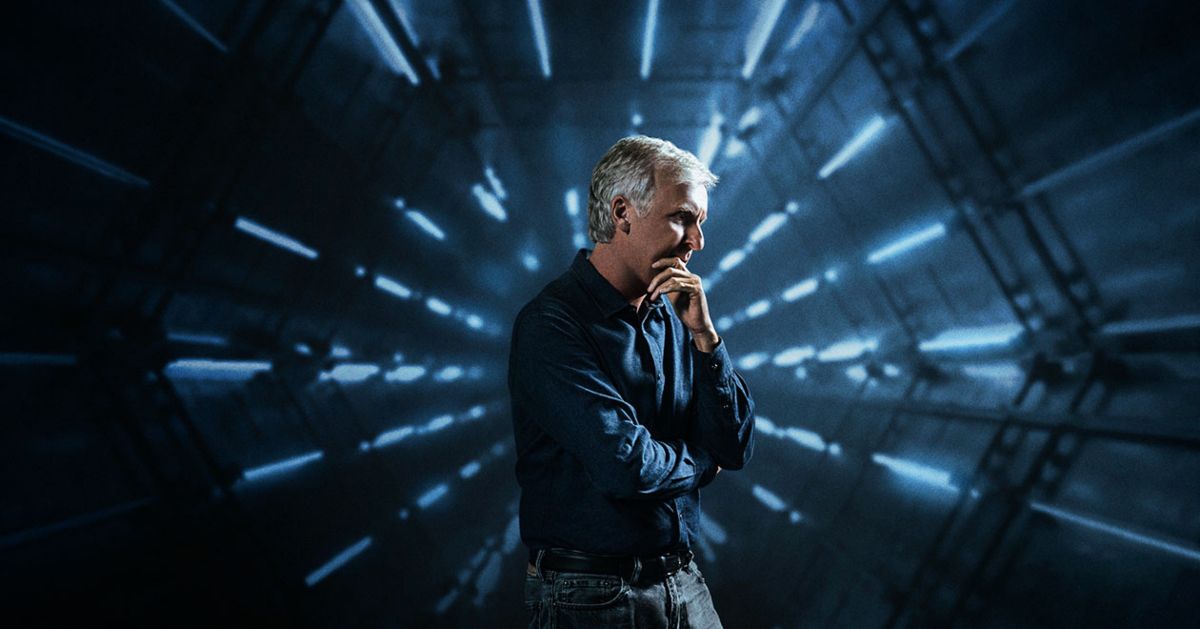
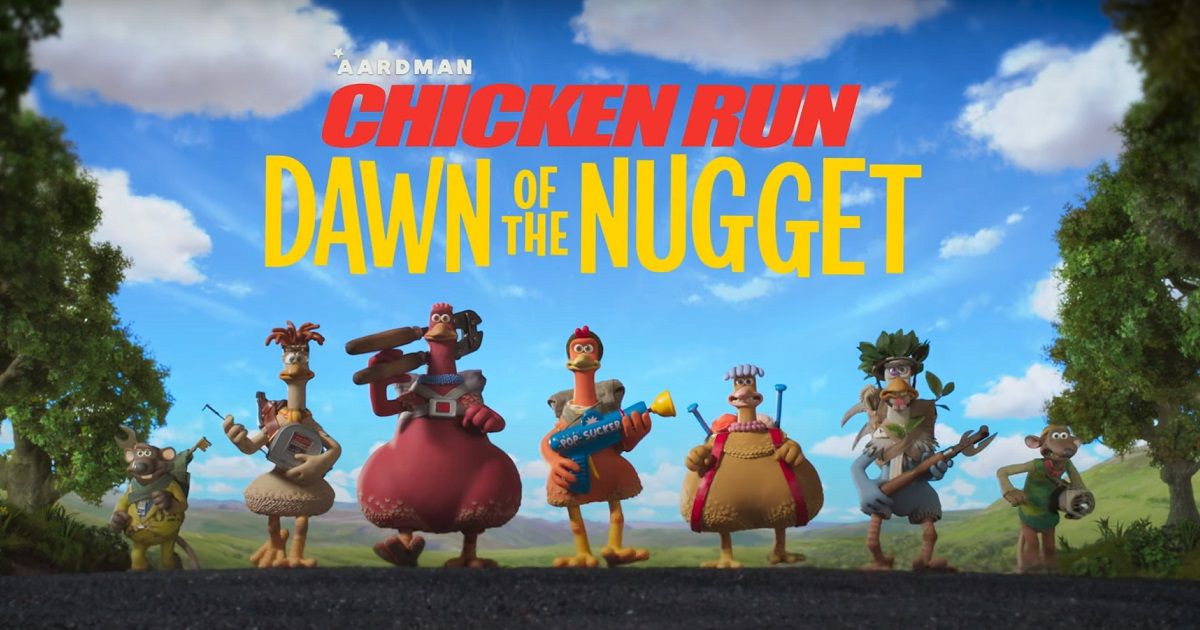

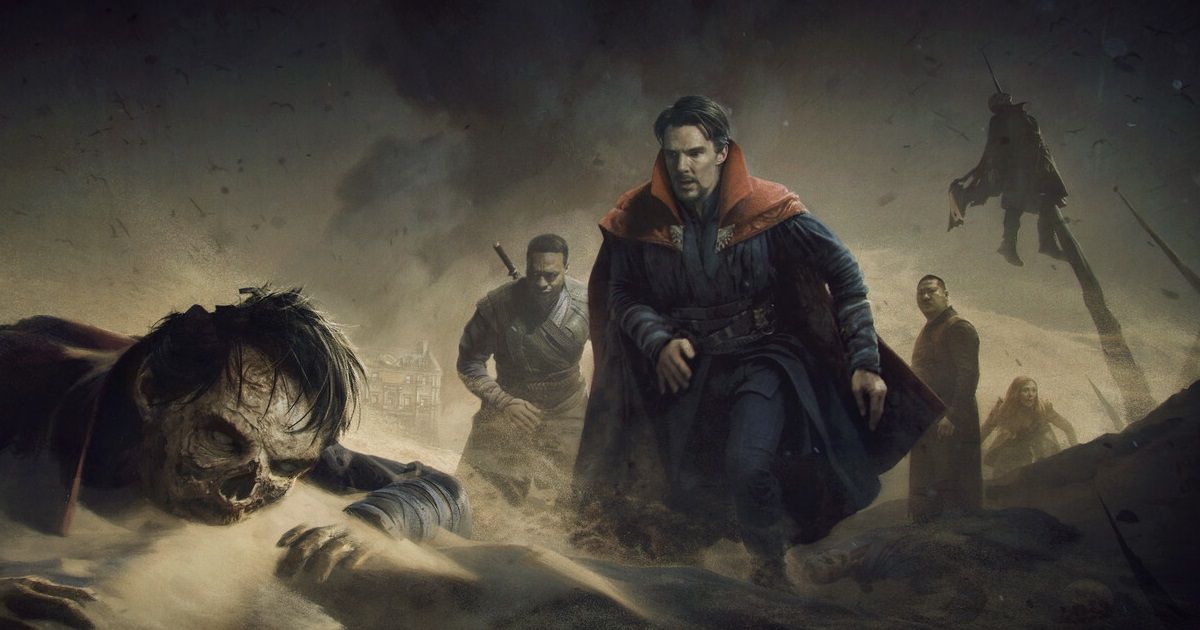
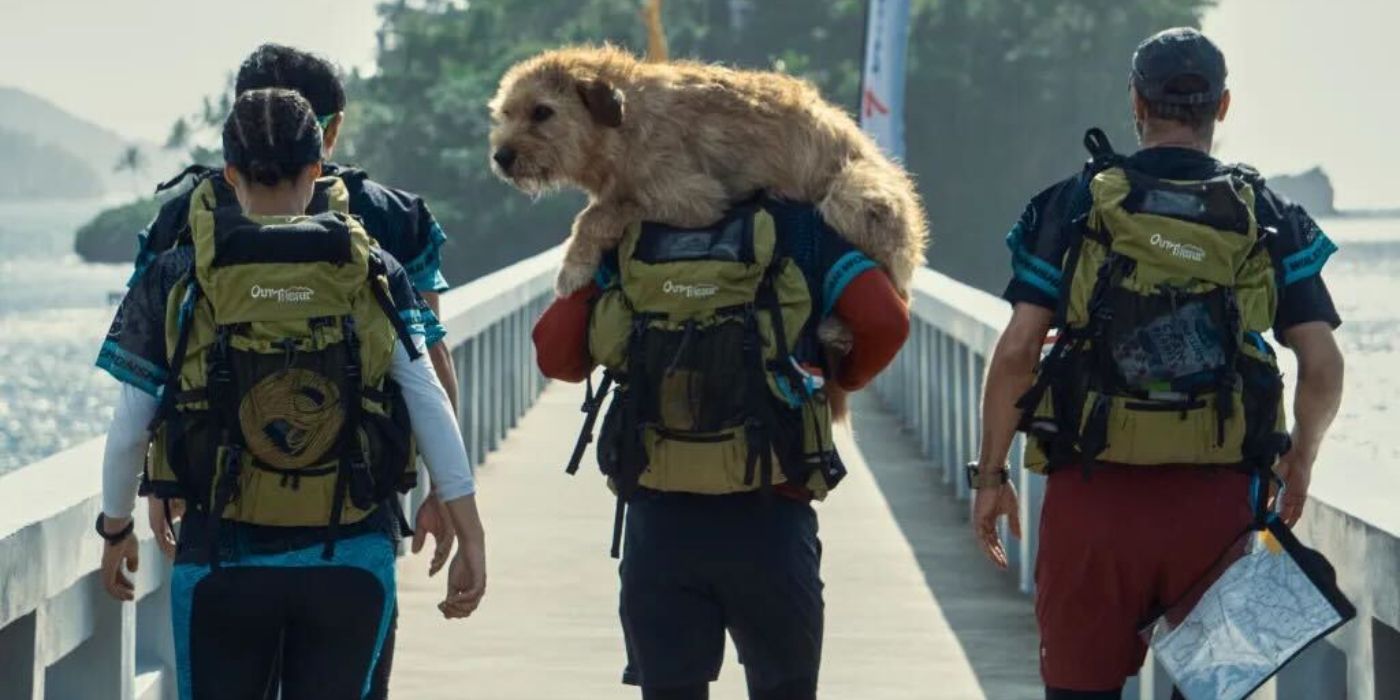
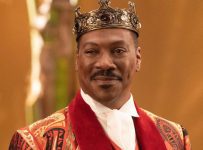


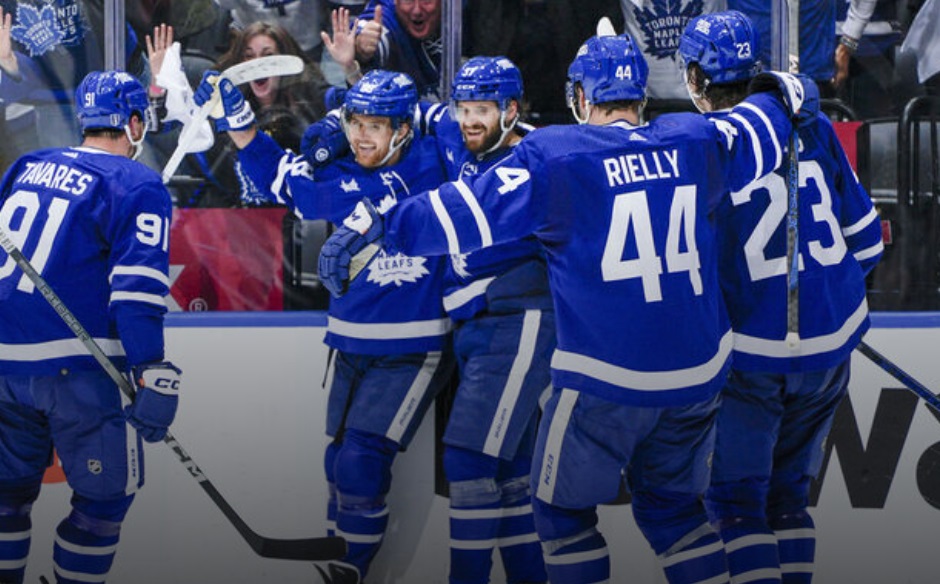
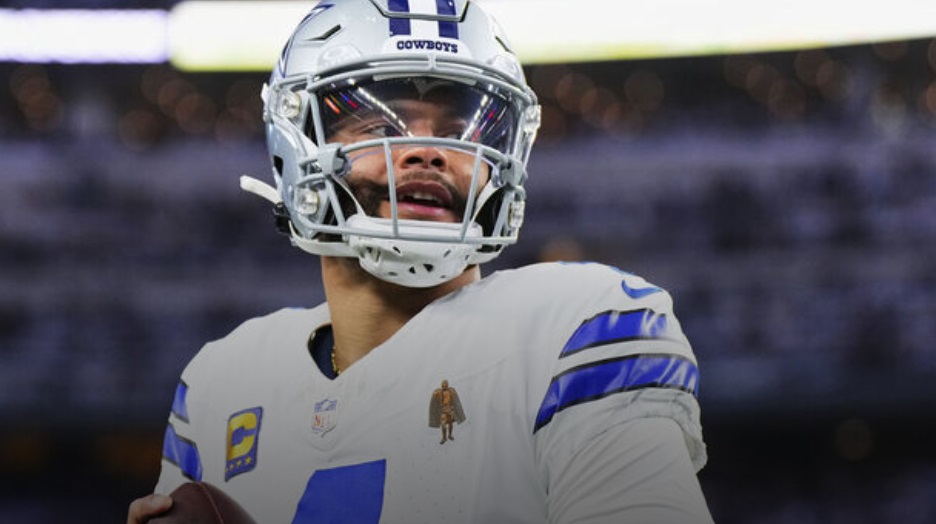
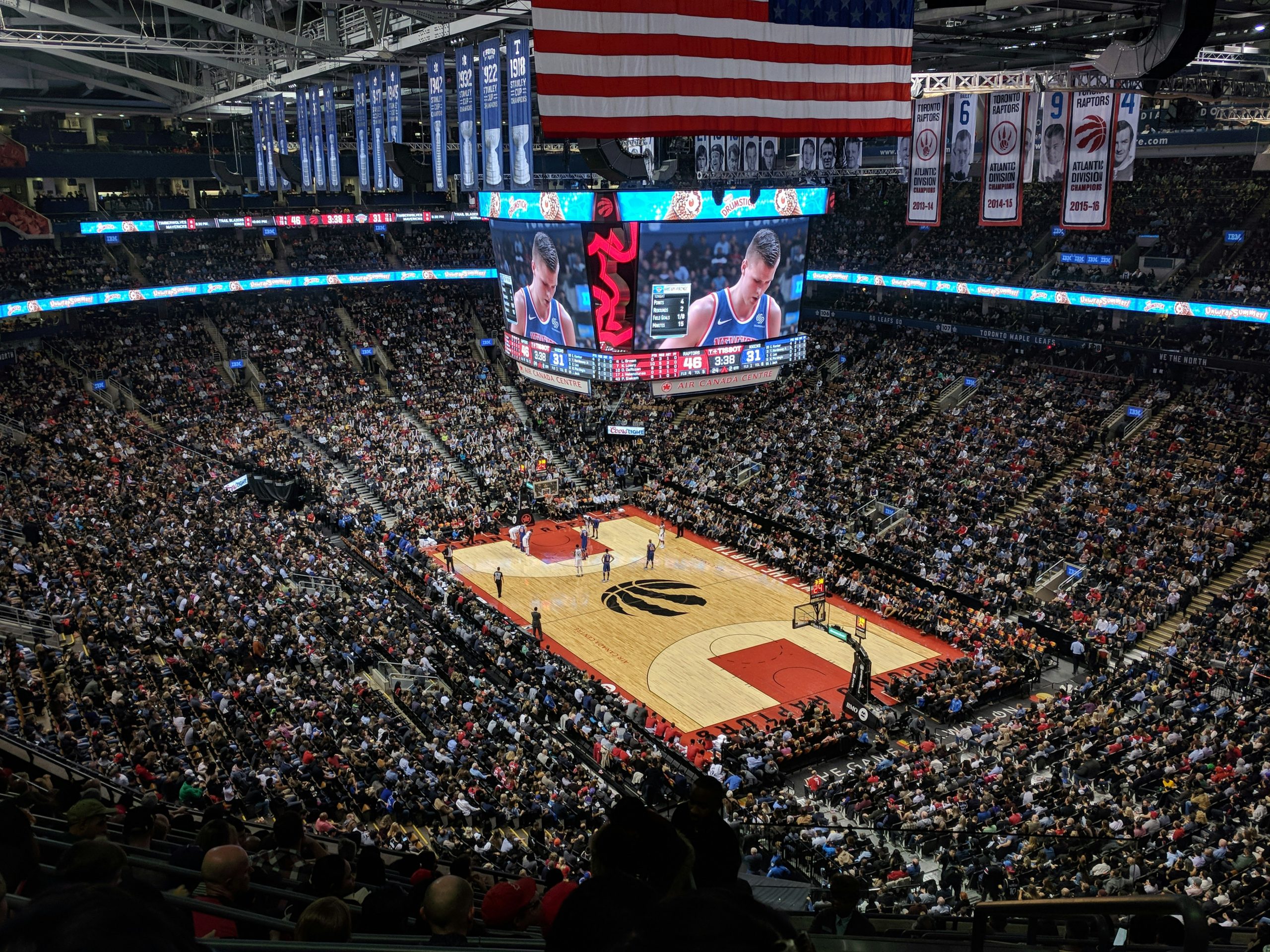
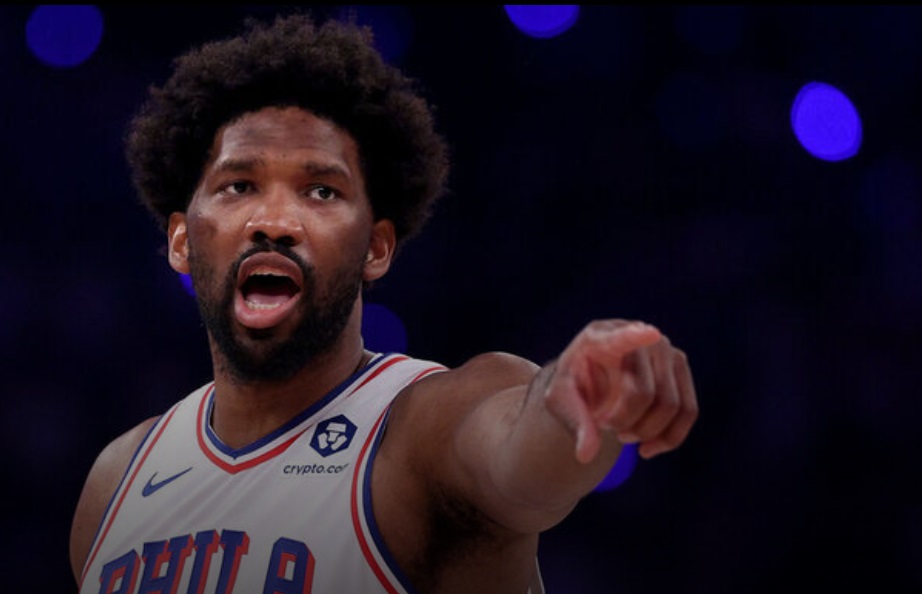
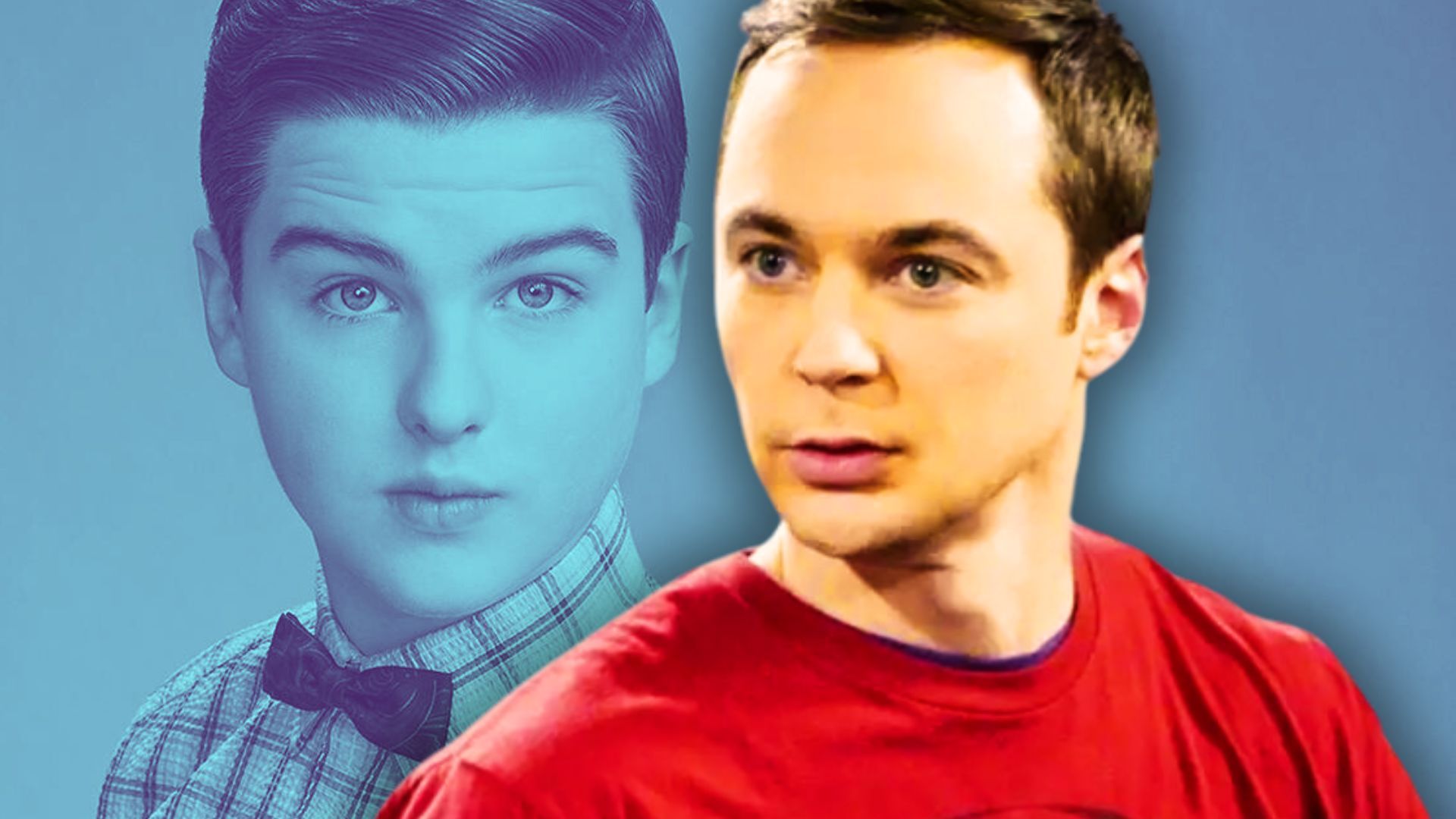
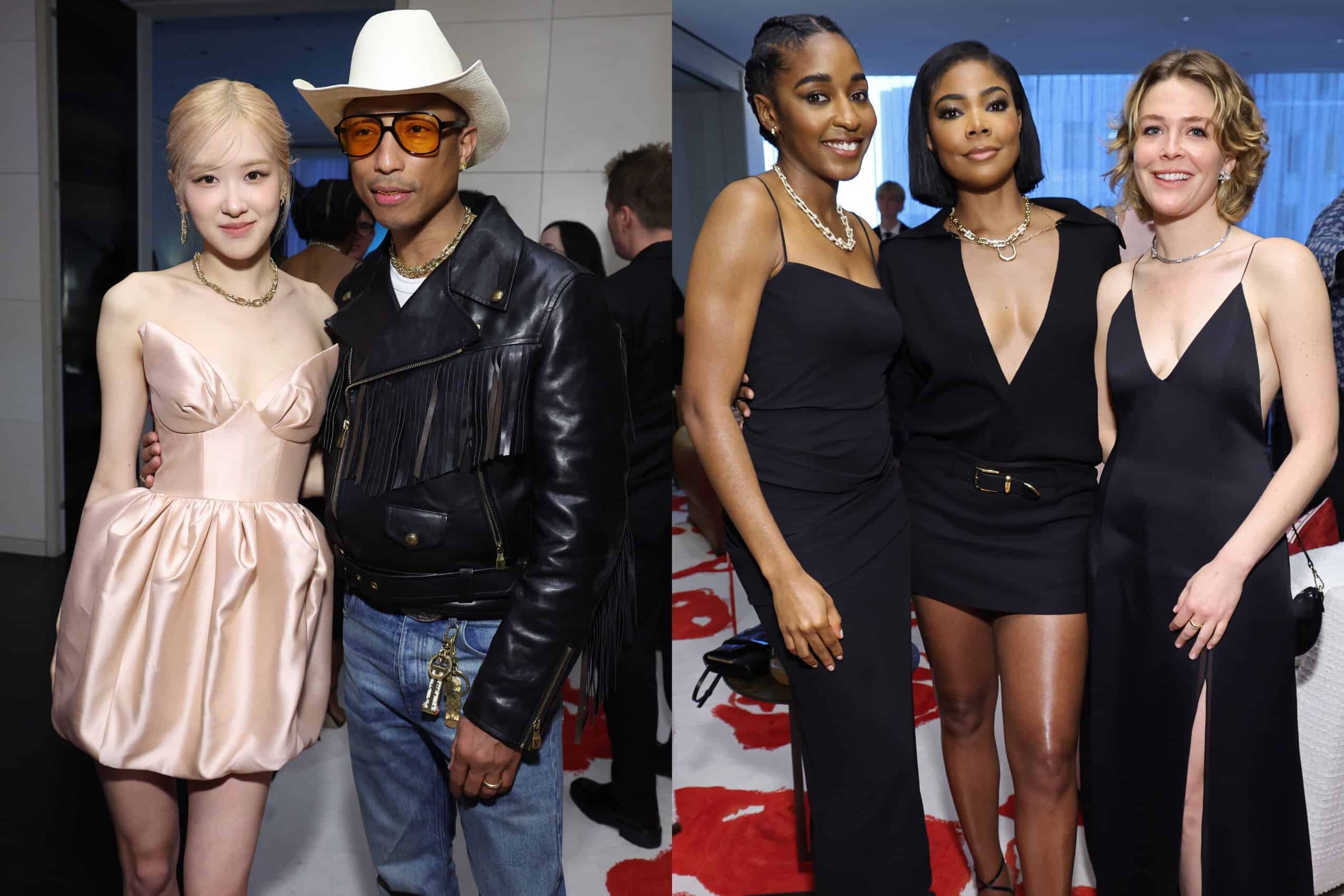
:quality(85):upscale()/2024/05/03/637/n/1922564/a9276ca86634f23c02e464.89757585_.jpg)

:quality(85):upscale()/2024/04/30/935/n/1922564/02f9990566316200eedab6.59700408_.jpg)